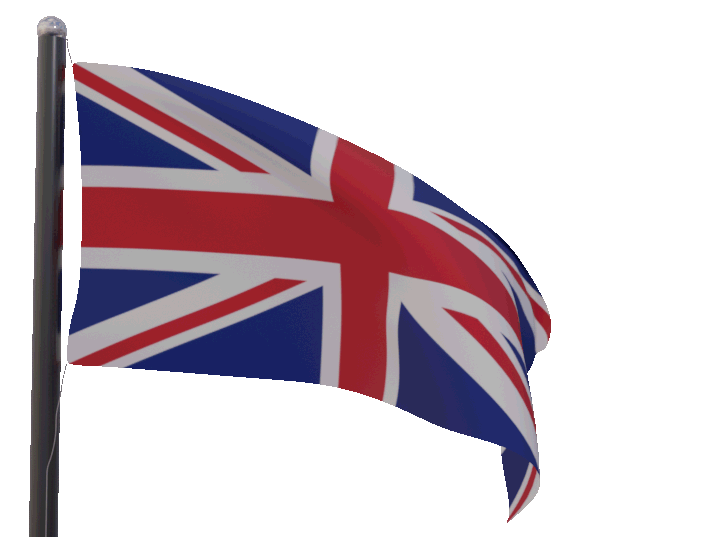
In order to become a member of the CHP, you have to agree to abide by our strict Code of Conduct, Ethics, Performance and Disciplinary Policies.
Click here for a copy of the CHP Code of Ethics & Conduct
What is the purpose of this policy?
One way professional associations help their members to be mindful of the importance of professional ethics and to avoid ethical conflicts is through a commitment to a robust code of ethics. Such a document is an open disclosure of the way an organisation operates. They also offer an invaluable opportunity for responsible organisations to create a positive public identity for themselves and an increased level of public confidence. A trend in many modern professional associations today is the creation of codes of ethical conduct in recognition that these documents are more important than ever in today's environment for establishing the public's trust.
Click here for the CHP Official Guidelines including our Disciplinary and Complaints Procedures
Why have a disciplinary and complaints procedure?
Disciplinary and grievance procedures are frameworks which provide clear and transparent structures for dealing with difficulties which may arise as part of the working relationship between the Complementary Health Practitioner and their clients. These procedures are necessary to ensure that everybody is treated in the same way in similar circumstances, to deal with issues fairly and reasonably, and to ensure that our members are compliant with current legislation and follow the relevant CHP Code of Ethics and Conduct (see above). If you are a member of the CNHC as well as Complementary Health Professionals, any complaint from a member of the public will go to that organisation rather than the CHP but the CHP will allocate a leading staff member to support you through the complaint either way.
Disciplinary procedures are needed to:
-
let member know what is expected of them in terms of standards of performance or conduct (and the likely consequences of continued failure to meet these standards)
-
identify obstacles to individuals achieving the required standards (for example training needs, lack of clarity of job requirements, additional support needed) and to enable the association to take appropriate action
-
enable the association and its members to agree suitable goals and timescales for improvement in an individual's performance or conduct
-
try to resolve matters without recourse to a formal hearing
-
demonstrate to a hearing that an appropriate process has been followed should a member complain about the way they have been removed from the register, if applicable.
Grievance procedures are needed to:
-
provide individuals with a course of action if they have a complaint (which they are unable to resolve through regular or informal communication with their practitioner)
-
provide points of contact and timescales to resolve issues of concern
-
try to resolve matters informally rather than ending up with court action
Click here for the CHP Official Guidelines on the Internal Use of Essential Oils
At CHP we ensure that our members receive the correct advice to safeguard both their practice and to the members of the public they serve. The UK Aromatherapy profession specifically advises against the internal use of essential oils for reasons of safety.








